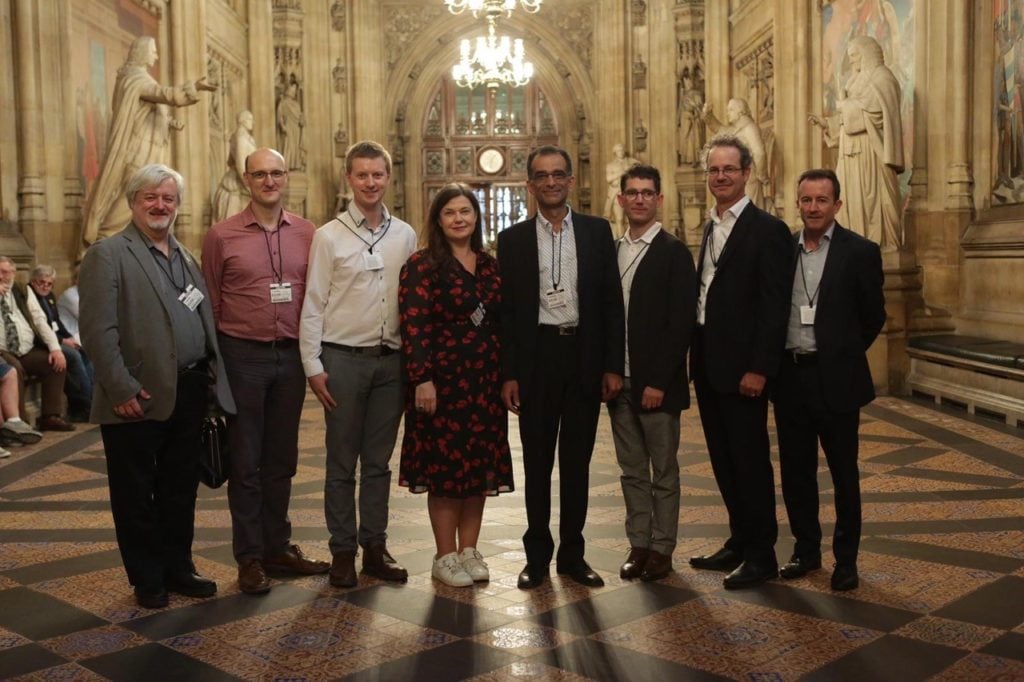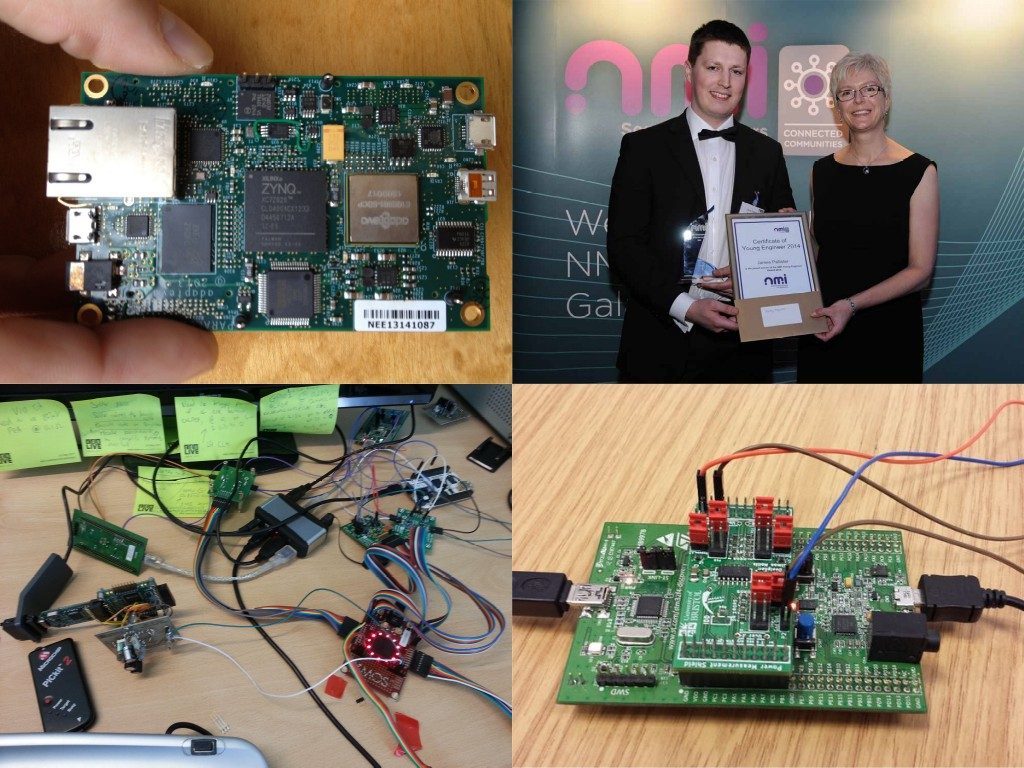OpenUK launches a single voice for open source in the UK
2019 has seen OpenUK formally launch at the House of Commons in September with the kind sponsorship of Pete Wishart, MP.
OpenUK is a membership and trade organisation for “open” in the UK, actively representing the interests of UK businesses in the UK and internationally. It is building out a number of projects and workstreams to create a single voice for opens source software, open hardware and open data across the UK. This will be increasingly important post-Brexit, when we need to come together with once voice to be recognised as a strong presence in the UK and to influence Government, legislation and the public sector to ensure appropriate treatment of “open” in the UK.

We have a wide variety of new work streams supporting the goals of OpenUK and will be working with our extended board to prepare our 2020 strategy in January and will be sharing this via our new web site and NextCloud.
The Committees we have set up and will be working on are:
- Awards Committee – organising our 2020 OpenUK Awards in London on 11 June, as part of London Tech Week chaired by Amanda Brock with judges Andrew Back, Cheryl Chen and Chris Lamb
- Events Committee – being formed in 2020. We have a healthcare event on 6 February, and open data series kicking off in March and a number of other events planned including topics such as open hardware and well-being/ working from home – chaired by Amanda Brock
- Learning Committee – working on an open-source GCSE and a schools competition for early 2020, with the winners being part of the Awards. Over time we will work on code camps etc – chaired by Paul Taylor
- Legal and Policy Committee – currently setting its remit, reviewing CCS and GDS contract terms, looking forward to a meeting with the Parliamentary All-Party Intellectual Property Committee, when a new Government is in place and responding to the recent Commission workshop – chaired by Chris Eastham
- Museums Committee – being formed in 2020. Working on a permanent exhibition room at the National Computer Museum at Bletchley to be launched in January 2021 and temporary exhibitions open elsewhere – chaired by Stuart Mackintosh
- Universities Committee – welcoming all universities in collaborative student projects – chaired by Bruce Darby of Edinburgh University
OpenUK is actively looking for additional members for a number of our committees and groups and would be pleased to hear from anyone interested in volunteering.
British Baked Podcasts, celebrating the talent of the UK’s open sectors will be added weekly from January and are being recorded with the support of BCS’s open source group and Endecosm. We are also hoping to launch UK Faces of Open Source in 2020. http://www.facesofopensource.com/
Details of the participants in all of our committees in our new web site which will be live before Christmas, thanks to our friends Greg and Ele at Civic, who are working hard to build this. A combination of our site and our Nextcloud, hosted by OpusVL,will allow easy access to mailing lists and transparency across the work of our committees and board. Andrew Katz, our Pro Bono GC and his team at Moorcrofts are working hard on making sure all the necessary legals are in place.
Amanda Brock has stepped into the role of CEO and will be OpenUK’s first employee.
Our board will also be extending in January and details of the interim board for 2020 will be updated in the new site. By the end of 2020 we will move to an elected board.
The OpenUK events calendar on the new site will list what is happening across open source software, open data and open hardware in the UK and beyond and will also include the up and coming OpenUK events and even we will be attending in 2020. Please contact us via the site, if you would like an event listed.
Our final exciting news, is that OpenUK will be hosting a stand at FOSDEM for the first time on Saturday 1 February, potentially the first day after the UK’s Brexit from the European Union. It will be themed “Tea and Biscuits with the Brits”.
We welcome anyone based in the UK or who wants to showcase a UK business as part of our stand, to take part, give away their goodies and meet the folk of FOSDEM with us. Please contact amanda.brock@openuk.uk if you would like to help with our stand and hope that you will join us for tea, biscuits and a good old natter about open source in Brussels. Please also feel free to contact me if you are interested in participating in any of our committees or are interested in becoming a member of OpenUK or sponsoring our activities.
